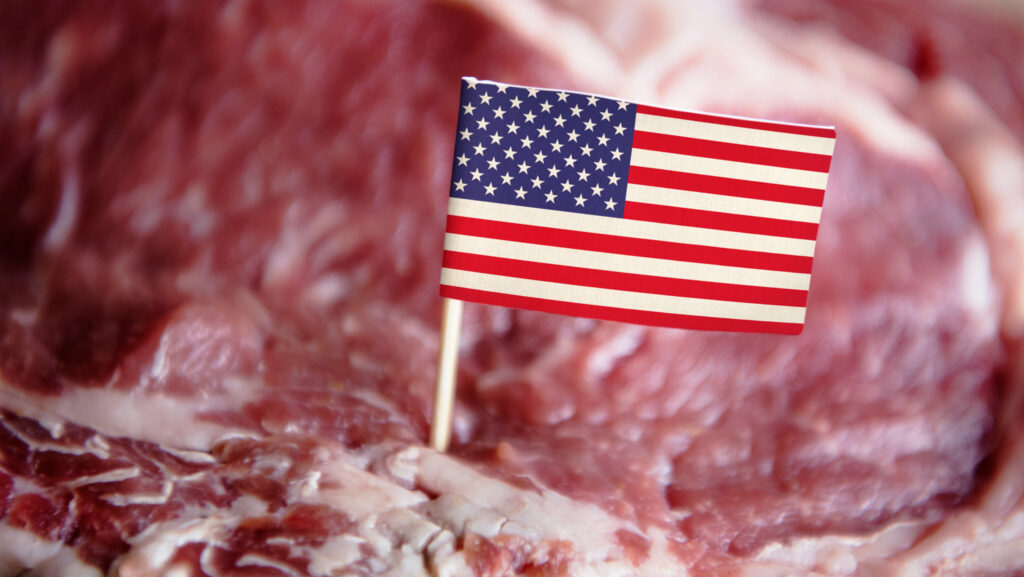Editor’s View: So far, trade deal detail leaves me shrugging
 © Adobe Stock
© Adobe Stock Well, after I predicted at the end of last month that prime minister Sir Keir Starmer would have to choose between closer co-operation with the EU and a trade deal with the US, it appears he and his trade team may have found a way to have their cake and eat it.
Hormone-treated beef imports are still banned, even as the hormone-free product has been granted more favourable access, meaning closer alignment on standards with the EU – a deal also expected this month – is still on the table.
But at what cost?
See also: US ag secretary seeks ‘additional access’ to UK for exporters
Early positivity over the US deal, which saw the lowering of tariffs on beef in both directions, without giving ground on production standards, has progressed to alarm over the effect that 0% tariffs on imported ethanol will have on our domestic bioethanol production.
The two major players, Ensus and Vivergo, broke cover at the start of this week to say that “the operating environment is now impossible”.
And more bad news linked to the EU deal may be still to come.
There were warnings this week that the EU is demanding the UK rows back on permitting the development and use of gene-edited crops here, in order to avoid us having a competitive advantage over the trade bloc.
So the price of having a deal with the US and EU may mean giveaways to each party that further threaten our domestic production of goods, the meagre competitive advantages we have, or both.
And yet, is it actually terrible, or just not terribly consequential either way?
Vivergo and Ensus have been great customers for feed wheat from northern farmers, but only when it suits them – going through lengthy shutdowns or substituting with imported product when it didn’t.
Associated British Foods, owner of Vivergo, said prior to the US trade deal that it was running the plant at a loss, but will surely miss selling the protein-rich wheat distiller by-product via KW Feeds, another of its subsidiaries, if the plant shuts down – and farmers will miss buying it.
Clearly this is an unwelcome additional development for an arable sector already going through a tough time, but it is unlikely to be as significant a factor for the profitability of the sector this year as the weather.
As one analyst remarked to me this week, if the dry weather continues in the current vein, we’re probably losing 100,000t/day in yield potential from the crop in the ground.
On the upside, the UK’s increased access to the US beef market is to be welcomed.
Surely this will give us the chance to keep the tables of wealthy Manhattan residents wanting a genuine British Sunday roast well stocked.
Yet an additional market for high-end product at a time when the trade is already breaking records on a monthly basis will be welcome for exporters, but little noticed by others I suspect.
The detail of the EU deal – if it gets over the line – is still to come.
But let’s end the week feeling grateful that at least our trade negotiators didn’t feel the need to sell the farm on this deal, and hopefully won’t on the next either.

